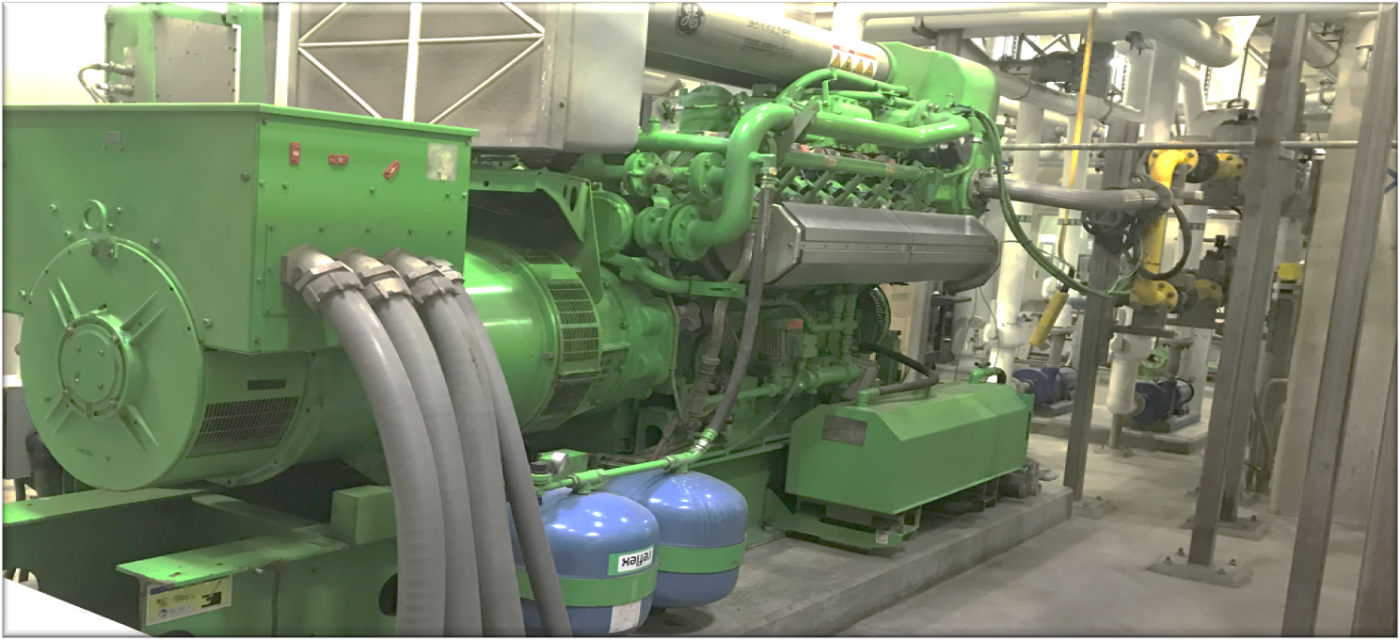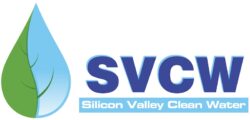
Innovation
As technology advances, so does our ability to efficiently and effectively recover and reuse limited resources from our waste streams. New technologies to recover precious resources like water, biosolids, and energy are developed every day. To provide the highest level of service to our customers, and prepare for the future of water and resource recovery, SVCW currently focuses on three key areas for resource recovery innovation.
Energy
By recovering biogas for energy, SVCW produces up to 70% of the facility’s electricity demand. Nearly 100% of the heat needed for plant processes and building space is supplied by recovering waste heat from the cogeneration engines. Waste heat recovery reduces the amount of purchased natural gas, saving SVCW money. SVCW actively seeks ways to reduce our energy demand, increase energy production by increasing biogas production, and reduce biosolids.

Water
Every day, SVCW cleans water so it can be safely released into the environment or recovered for reuse as recycled water. Using recycled water has many benefits. We use less energy by importing less water. SVCW takes advantage of the energy expended to clean the water and helps protect strained habitats by keeping more water in rivers and streams during droughts. The City of Redwood City has already reduced the amount of drinking water it imports, as well as the energy required to transport it, by using up to 750 acre-feet of SVCW’s recycled water annually. That’s more than a quarter of a billion gallons each year. Currently, SVCW is working with our regional partners to increase water recycling and take advantage of the benefits of integrated water management. By using locally sustainable water supplies, our region becomes more self-sufficient. We reduce the amount of energy used and the amount of water transported from distant sources.
Solids Management
SVCW processes and recovers biosolids for reuse in composting and farming. Some biosolids are used as a necessary daily cover on landfills. This eliminates the need to import soils, and negates the cost and adverse environmental impact of transporting soil. SVCW is also using emerging technology to significantly reduce the amount of biosolids produced, saving transportation costs, and reducing greenhouse gas emissions. The combination of biodrying and the pyrolysis process reduces the biosolids up to 90% by weight, significantly reducing their negative impact on landfills. Additionally, the final product, biochar, is a marketable product that has a myriad of uses.
New Technologies
SVCW is a leader in exploring and implementing new technologies to maximize efficiencies, improve processes, and reduce costs to treat water. In recent years, the water, energy, and solids management fields are showing significant advances in technology to improve treatment processes, produce energy, address regulations, protect our environment, and recover our limited resources at a lower cost. It’s therefore critical for SVCW to continually learn about and research new ways to help reduce our impact on the environment to become more sustainable and regionally self-reliant.


